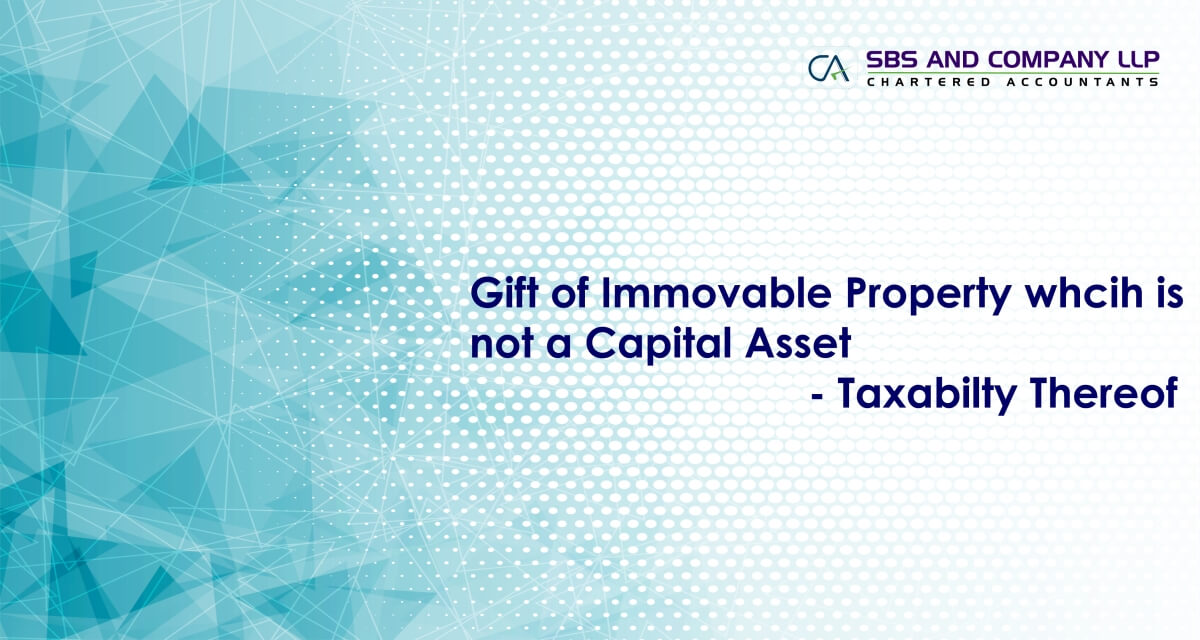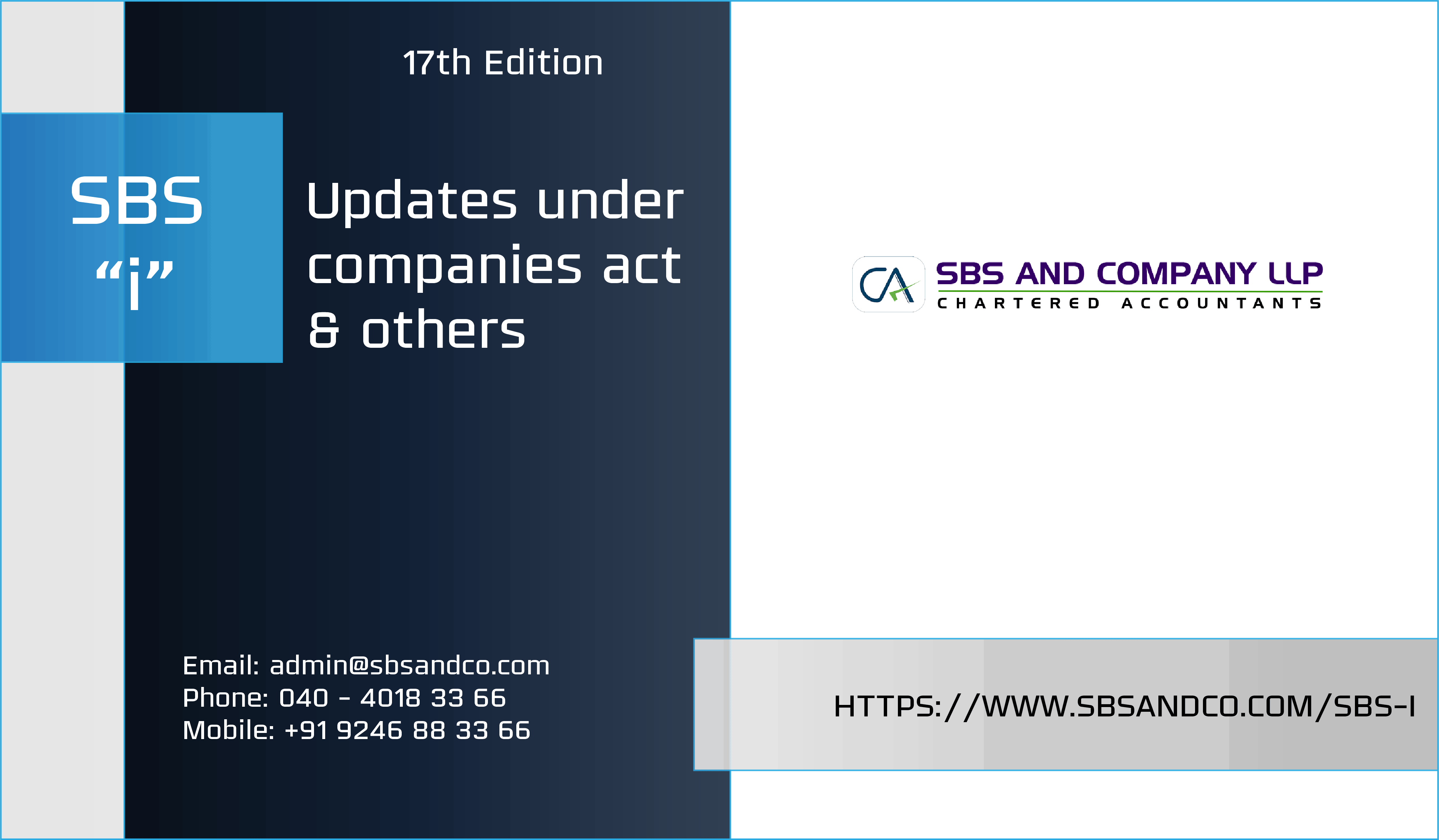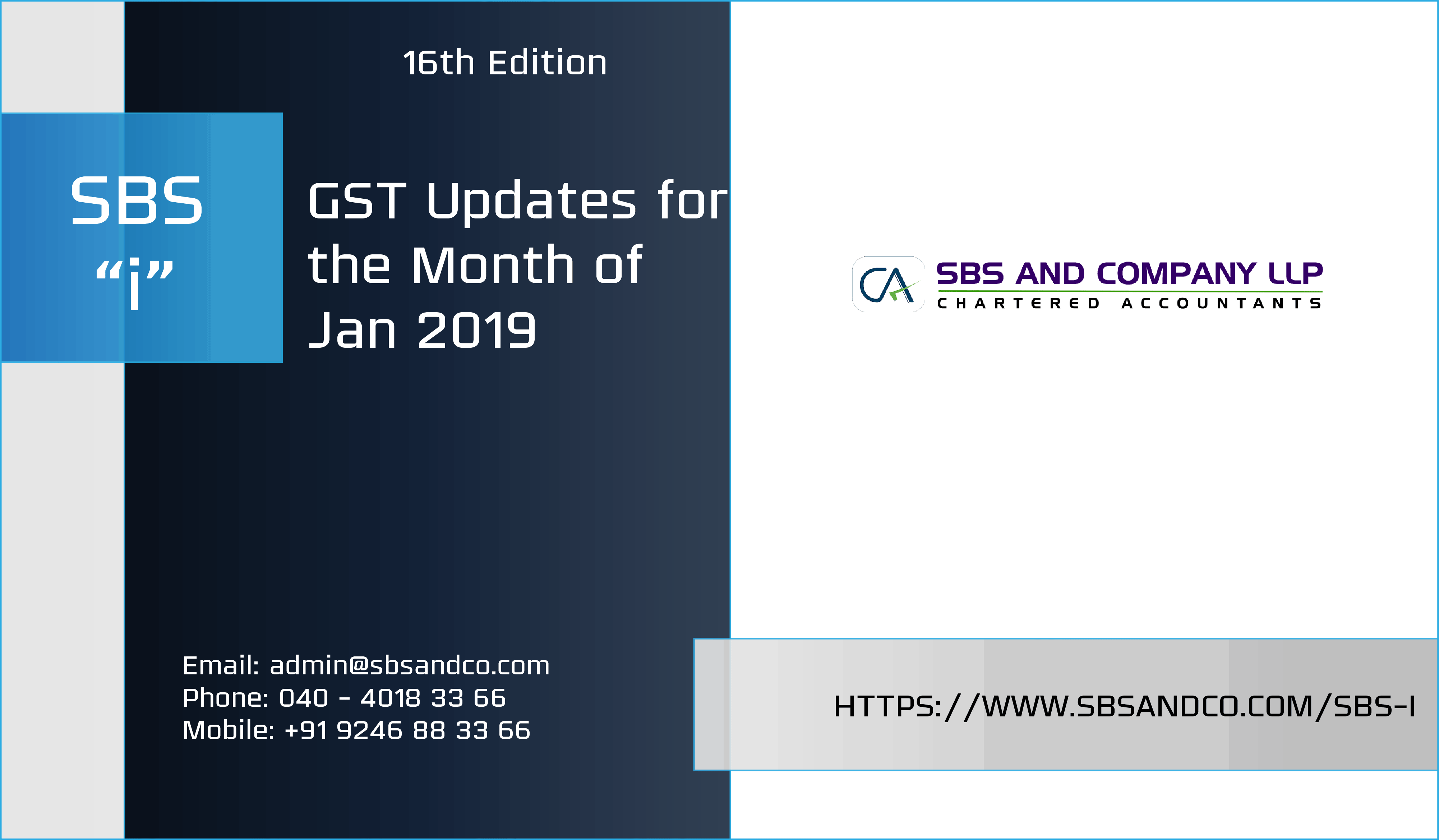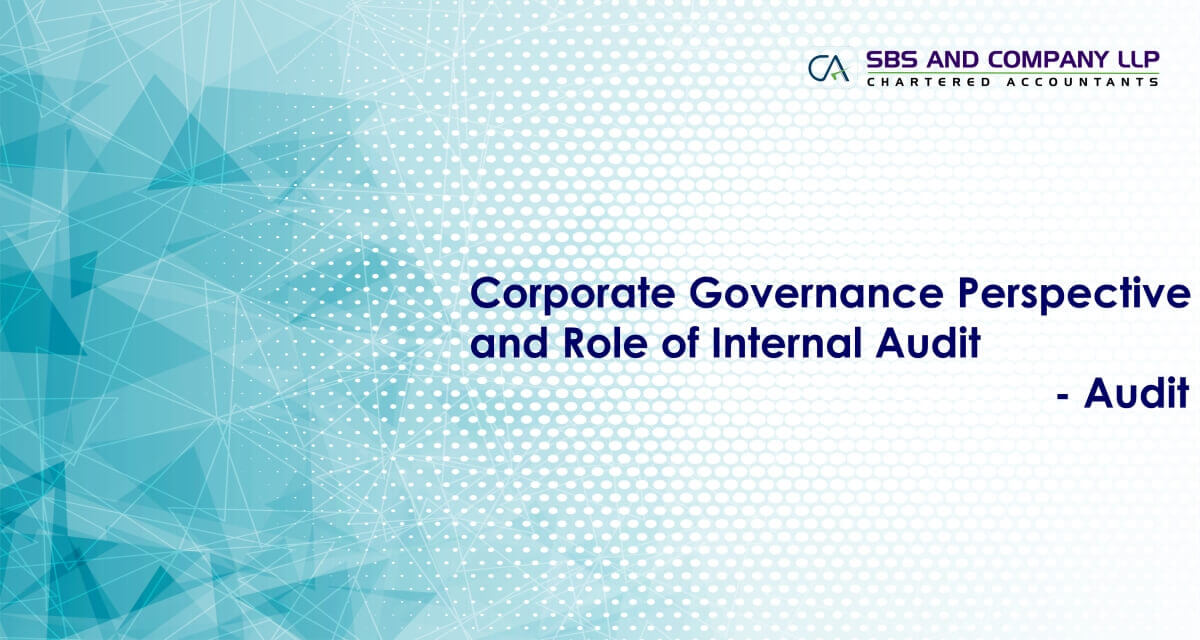Section 122 of Transfer of Property Act, 1882 defines the phrase ‘Gift’. Vide such section, ‘gift’ is the transfer of certain existing movable or immovable property made voluntarily and without consideration, by one person, called the donor, to another, called the donee, and accepted by or on behalf of the donee.
The taxation of ‘gift’ was one interesting journey. In order to deal with taxation of gifts, the legislature has introduced, the Gift Tax Act, 1958 with effect from 01.04.1958. The said act was in effect till 30.09.1998 and been rescinded later. The important aspect of Gift-Tax Act was the tax was on the donor. In 2004, the legislature has re-introduced the taxation of gifts in specified circumstances by insertion of Section 56(2)(vii) in the Income Tax Act, 1961 (Act/Income Tax Act). Vide Section 56(2)(vii), the tax on gifts received was to be paid by donee in specified circumstances.
Read more: Gift of Immovable Property whcih is not a Capital Asset








